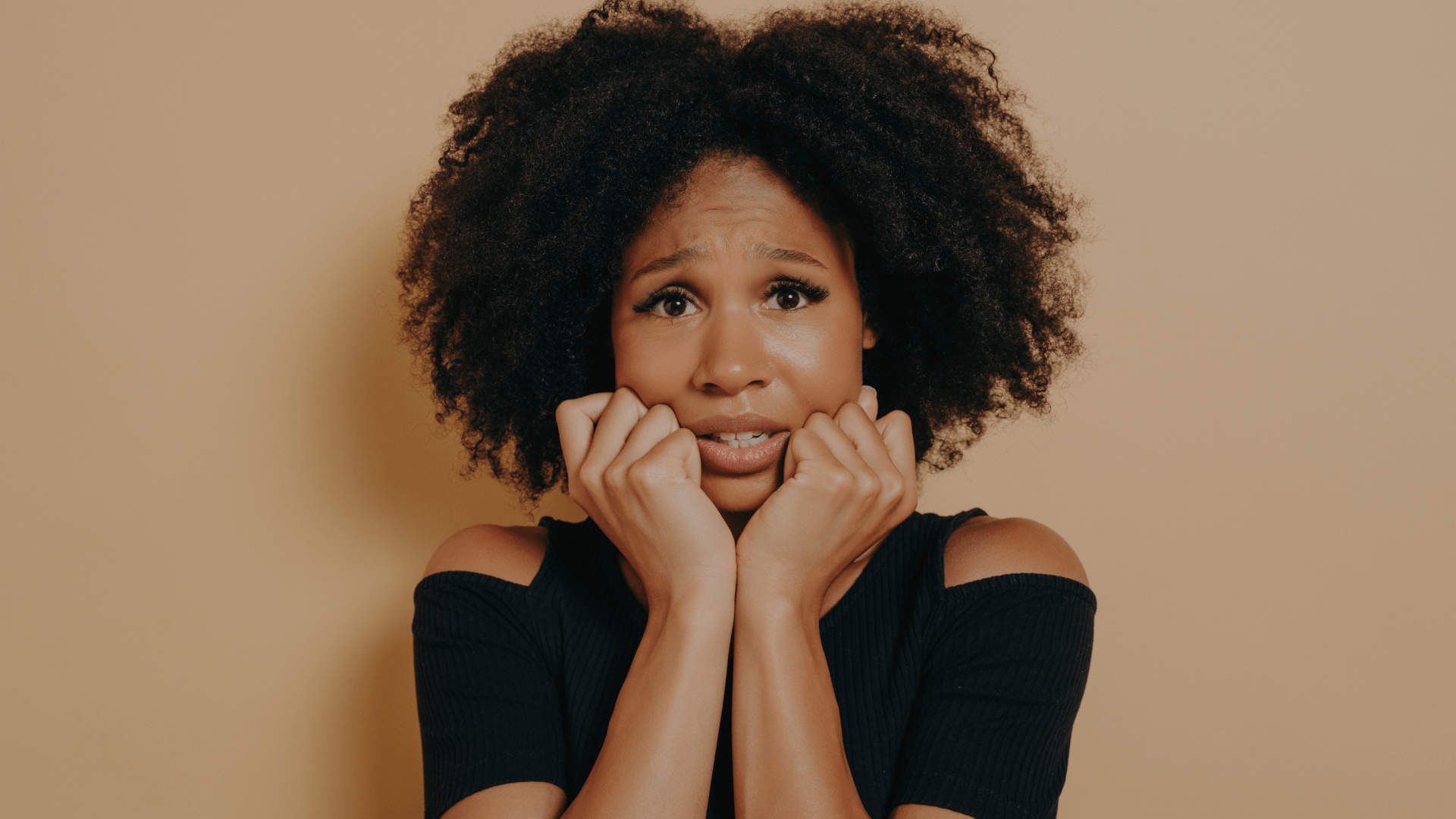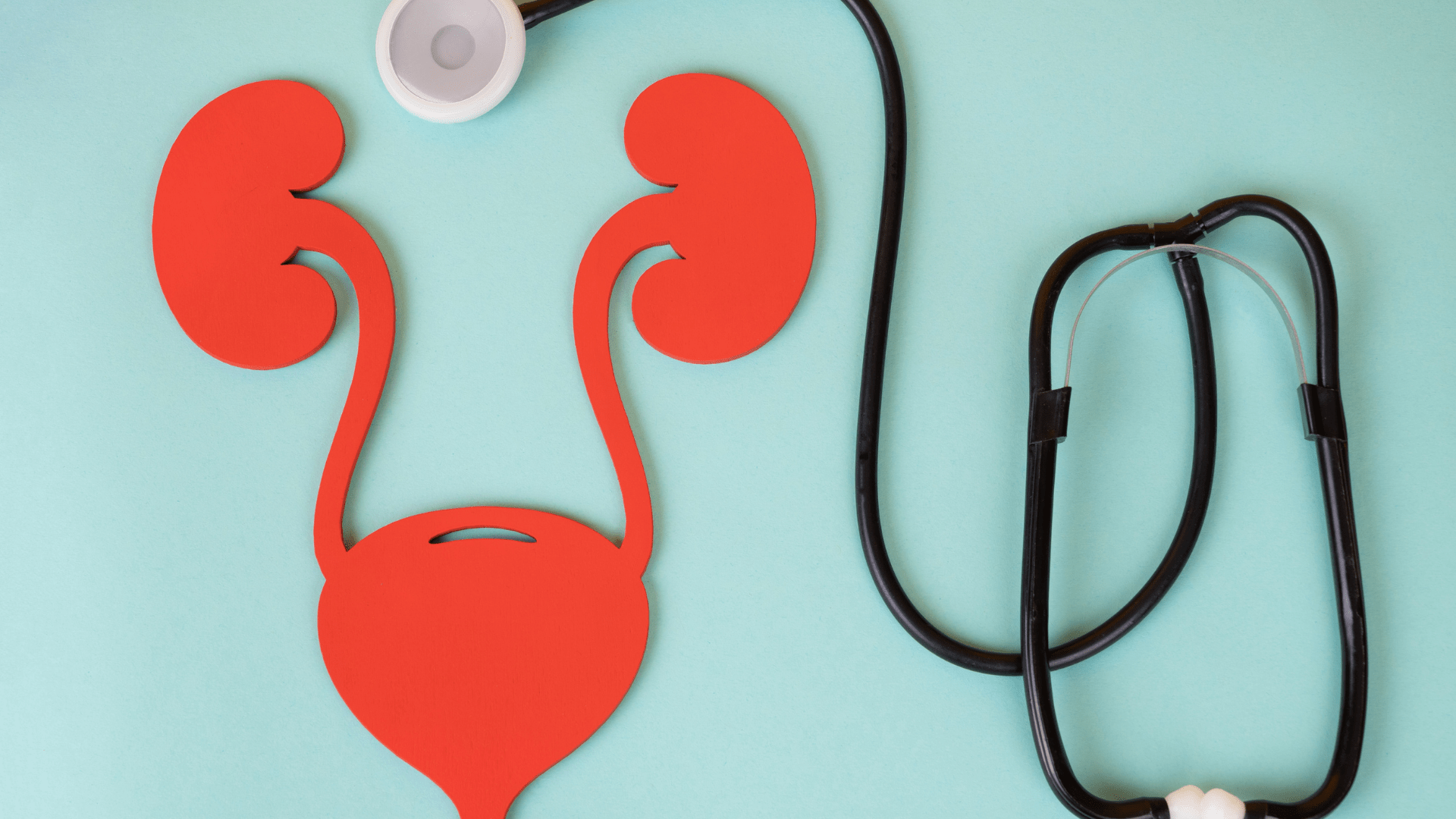You’ve finished getting it on with your partner, and you’re basking in the sweet afterglow. Maybe you’re cuddled up, maybe you’re raiding the fridge, but then you look down, wipe up, or go to the bathroom, and you see…blood.
The glow vanishes, and the panic sets in.
“Did we do it too hard?”
“Did something tear?”
“Am I dying?”
If you stumbled on this article after doing the do and these thoughts are racing in your head, first of all…breathe. Bleeding after sex, aka post-coital bleeding, is way more common than you think, and while it can be a red flag, there are some situations where it is not.
This is your medically accurate guide to what post-coital bleeding is, what’s normal, what’s not, the causes, and when you should see your doctor.
What is Post-Coital Bleeding?
Post-coital bleeding is any type of bleeding from the vagina that happens after vaginal sex. It may show up as a light spotting, a tiny streak when you wipe with a toilet paper, or it may be like your period. It can happen right after sex, a few hours later, or even the next day.
The thing is, bleeding after sex, especially when it is not frequent, isn’t always ominous. For example:
- If you’ve had hard enthusiastic sex: Rough sex or deep penetration can irritate or cause tiny tears in your vagina or cervix. If your sexy time was a bit like WWE, that might just be the reason.
- You weren’t fully lubricated: A dry vagina is more likely to get tiny cuts, so don’t shy away from lubes.
- You’re pregnant: Hormonal changes and increased blood flow to the cervix can make it more sensitive and prone to light bleeding.
- You’re on hormonal birth control: Especially with pills, implants, or IUDs, your hormones might cause spotting during sex or randomly.
- You’re close to menopause: During menopause, your oestrogen levels are low and can make your vaginal walls thinner and drier. This increases the risk of irritation or bleeding during sex.
That said, if it’s heavy, painful, or happens frequently, that is a red flag. Your vagina isn’t supposed to throw a tantrum every time you get busy.
What are The Other Causes of Post-Coital Bleeding?

So, we’ve ruled out the usual suspects: no rough sex, no dryness, no birth control side effects, no bun in the oven, but the bleeding is still happening. Let’s talk about some of the more serious and villainous causes of post-coital bleeding.
Infections
Sexually Transmitted Infections like chlamydia, gonorrhoea, or trichomoniasis, or even other vaginal infections like a yeast infection, can irritate your cervix or vaginal walls, which makes it more likely for you to bleed after sex. If there is also pain during sex or when you pee or an abnormal vaginal discharge, then you should definitely see your doctor.
Cervical erosion (ectropion)
You’ve seen the name erosion, and you’re worried that your cervix is falling apart like what you learnt in science class. It’s not.
Cervical ectropion is a condition where the soft, gland-like cells that should stay inside your cervix show up on the outside of your cervix. Typically, the cells outside your cervix are harder. In women with cervical ectropion, these soft gland cells on the outside make their cervix extra sensitive and prone to bleeding during sex.
It’s usually relatively harmless for many women, but if you have some other symptoms like excessive discharge or bleeding after sex, it is worth checking it out with your doctor.
Cervical polyps
These are small, fleshy, usually harmless growths that pop up on your cervix. Most times, they’re completely benign (non-cancerous), but they’re delicate and can bleed easily if bumped during sex.
However, if you’re bleeding regularly, there is a small chance that abnormal cells can form, and the polyps may need to be removed and sent to the lab to be sure that nothing sinister is happening.
Endometriosis or Fibroids
Endometriosis is when tissue similar to the inner lining of your womb is found outside your womb in places it shouldn’t be, like your vagina or cervix. Sex can irritate this tissue and cause both pain and bleeding.
Fibroids are non-cancerous growths in or around your womb that are made up of the same type of muscle your womb is made of. If the fibroids are near your cervix, they can cause bleeding after sex.
Some other red flags to look out for are heavy bleeding during your periods, very painful periods, longstanding pain even when you’re not on your period, or pain when you defecate or urinate.
Precancerous changes or cervical cancer
This is the big, bad villain everyone is scared of, and rightfully so. Post-coital bleeding is one of the early signs of cervical cancer. Other things you should look out for are pelvic pain, unusual vaginal discharge, bleeding when you’re not on your period, and even after menopause.
Remember, regular pap smears and cervical screenings are your friendly detective to catching cervical cancer early or even before it develops.
When Should You See A Doctor?
- If it keeps happening: Bleeding after sex once or twice might be harmless, especially if you weren’t fully lubricated or the sex was a bit intense. However, if you notice it happening more than occasionally, don’t ignore it. It could be a sign of something deeper, like an infection, a cervical issue, or a hormonal imbalance.
- If the bleeding is heavy: Some light spotting after sex might be okay, but soaking through a pad or leaving bright red pools like a crime scene is not normal.
- If it comes with other symptoms: If you have bleeding with pain during sex, abnormal discharge, pain when urinating, irregular periods, or spotting between periods, these are signs that something else is going on.
- If you’re pregnant: Bleeding after sex during pregnancy isn’t always dangerous, but bleeding during pregnancy generally can be a sign of something more serious, like a threatened miscarriage or placenta issues. Always mention it to your doctor so they can fully assess what’s going on.
- If you’re older and it’s new: If you’re in your 40s or older and suddenly start bleeding after sex for the first time, especially if you’re postmenopausal, this is definitely a reason to see your doctor. At this age, bleeding like this could be a sign of cervical or uterine abnormalities, including cancer. Better to be safe and get checked.
- If you just feel like something’s off: Even if you can’t quite explain it, but your gut says something doesn’t feel right, listen to it. You know your body best. A quick check-up can give you peace of mind or catch something early.
Final Thoughts
Bleeding after sex can feel scary. Don’t panic, but don’t ignore it either. Sometimes it’s nothing serious. Other times, it’s worth getting checked out.
If you’d like to speak to a doctor about this, click here to get started.
References
Vaginal Bleeding – Gynecology and Obstetrics – MSD Manual Professional Edition





